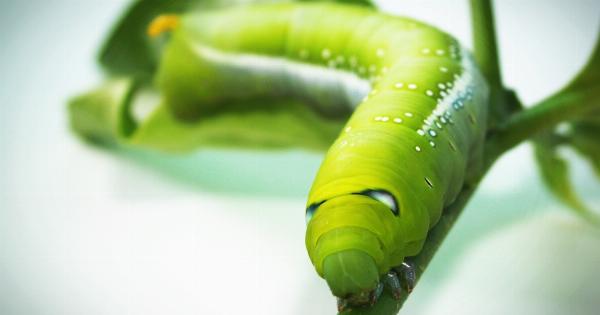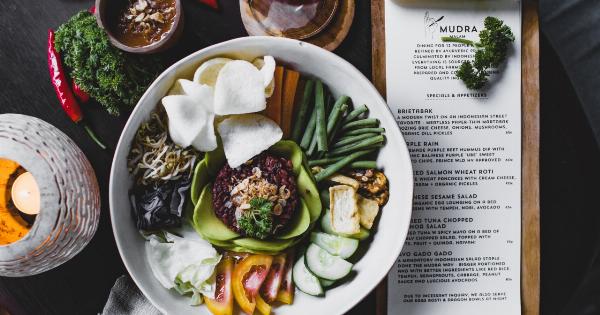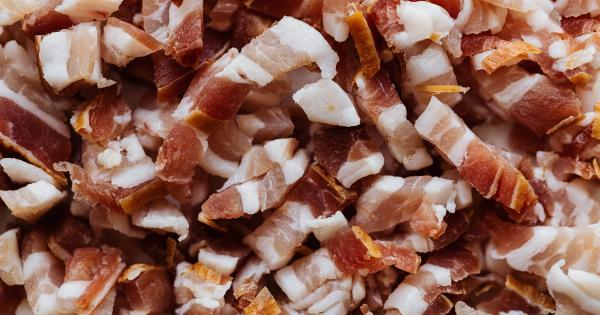Raw veganism, also known as raw foodism, is a type of veganism that involves consuming only raw and unprocessed plant-based foods.
This typically includes vegetables, fruits, nuts, and seeds, but may also include sprouted grains and legumes, and sometimes raw dairy products and eggs (for those who follow a raw vegetarian diet).
Types of Raw Veganism
Raw veganism can be divided into several subcategories:.
Raw Fruitarianism
Raw fruitarianism involves consuming only fruits, nuts, and seeds that can be harvested without harming the plant (such as falling fruit or nuts). Some fruitarians also consume sprouted grains and legumes.
80/10/10
The 80/10/10 diet is a raw vegan diet that includes 80% of calories from carbohydrates, 10% from protein, and 10% from fat. This diet typically focuses on consuming large amounts of fruit and leafy greens.
Raw Vegetarianism
Raw vegetarianism involves consuming only raw plant-based foods, including vegetables, fruits, nuts, seeds, sprouted grains and legumes, and sometimes raw dairy products and eggs.
Benefits of Raw Veganism
Proponents of raw veganism claim that it offers several health benefits, including:.
- Increased energy levels
- Improved digestion
- Weight loss
- Reduced risk of chronic diseases, such as heart disease, cancer, and diabetes
In addition to these health benefits, raw veganism is also touted as more eco-friendly and sustainable because it promotes a plant-based diet and minimizes the carbon footprint associated with animal agriculture.
Challenges of Raw Veganism
While there are many potential benefits to a raw vegan diet, there are also several challenges to consider. These challenges can include:.
- Difficulties meeting daily nutrient requirements, particularly for protein, calcium, and vitamin B12
- Risk of foodborne illness, particularly if consuming raw or undercooked fruits, vegetables, or sprouts
- Challenges with meal planning and preparation
- Social challenges, such as dining out or attending social events where raw vegan options are limited
Tips for Transitioning to Raw Veganism
If you are considering transitioning to a raw vegan diet, there are several tips that can help make the transition easier and more successful:.
- Gradually increase your intake of raw foods over time to allow your body to adjust
- Focus on nutrient-dense foods to ensure you are meeting your daily nutrient requirements
- Experiment with different recipes and food combinations to keep meals interesting and enjoyable
- Connect with others in the raw vegan community for support, resources, and inspiration
Conclusion
Raw veganism is a unique type of veganism that can offer many health benefits, as well as environmental benefits. However, it does come with its own set of challenges that should be carefully considered before making the switch.
With the right planning and support, raw veganism can be a satisfying and healthy way to eat.




























